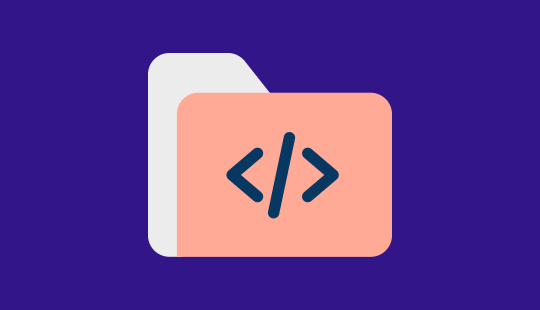Google is officially announcing support for a category of Android devices it’s decided to call “Foldables.” Speaking today at the Android Developer Summit, VP of engineering Dave Burke said that Google is “enhancing Android to take advantage of this new form factor with as little work as necessary.” But as of right now, those enhancements are mostly just guidance for developers to start using already-existing features that are built into Android.
If you haven’t heard, devices with folding displays are about to become a thing. Today is the day when Samsung will stop teasing and start showing its phone with a folding display at its developer conference, which is happening at the same time as Google’s summit. Google tells me that it’s working closely with Samsung on how Android will develop foldables. But Google’s focus is on making sure that it becomes a platform-level thing for Android that any OEM can use.
That’s important because Google has been waging a never-ending battle against fragmentation on Android, and a new form factor is a potential inflection point. As manufacturers race to create devices, they’re going to need software that can support them. That race is already on: just a couple of days ago, The Verge’s Nick Statt saw the Royole Flexpai, a Chinese Android phone that folds out into a tablet.
If Google weren’t opinionated about how that software works, every manufacturer would come up with their own solution, and the ecosystem would get really messy really fast. Director of product management Sagar Kamdar says that Google is “working closely with our OEM partners to ensure we have a common API surface for developers.”
The main way Google is supporting foldable displays today is by pointing developers toward an existing feature called “screen continuity.” It’s the API Android apps use to know when the screen size has changed — for example, when you rotate your screen or if you use Android in windows on Chrome OS. “This new form factor is therefore simply adding new use cases to this existing pattern,” Kamdar says. So for Android apps to support folding displays, developers need to ensure they’re properly implementing this feature.
Kamdar says that’s already the case for most of the apps Google makes. But if you’ve used Android apps on Chrome OS, you know that a lot of third-party apps aren’t all that great in windowed mode yet, which could bode ill for foldables. I asked if there will be an attempt to fix that beyond haranguing developers to update, and Kamdar says that Google is “exploring many different ways to ensure a seamless foldables experience for users. More to come, but nothing to announce today.”
Android isn’t the only platform pushing for foldable display devices, either. Last month, we looked at the prototype devices Intel is working on. The devices that Intel was willing to show us were dual-screen instead of foldable, but it’s pretty clear that the same ideas would apply.
Microsoft is also rumored to be working on multiscreen devices, which would fulfill the dream of the old Courier concept. Microsoft Surface chief Panos Panay has said that a pocketable Surface device is “absolutely my baby.”
As for Google, there’s surely more to come in terms of Android’s support for this new foldable category. The company isn’t ready yet to discuss some of the more fundamental questions, like will Google create a default home screen for foldables? Will better support for drag-and-drop on a full-screen display come? Will device makers need to sign a different kind of Android license to create a foldable phone?
Still, the most important question is whether or not Google is on the ball when it comes to preventing fragmentation on this new form factor. The answer appears to be yes.
Samsung will be showing more of its plans (and hopefully its device) at its keynote today. Burke dropped some news about that, too, saying Google is “already working closely with Samsung on a new device they plan to launch early next year.” We will, of course, have coverage of that when it happens later today.
Announcing #AndroidQ Beta! The latest release of Android sets you up to take advantage of a range of new experiences, from foldable devices to performant gaming to stronger protection for your users.
Learn more on the post ↓ https://t.co/5FjWESQojj
— Android Developers (@AndroidDev) March 13, 2019

